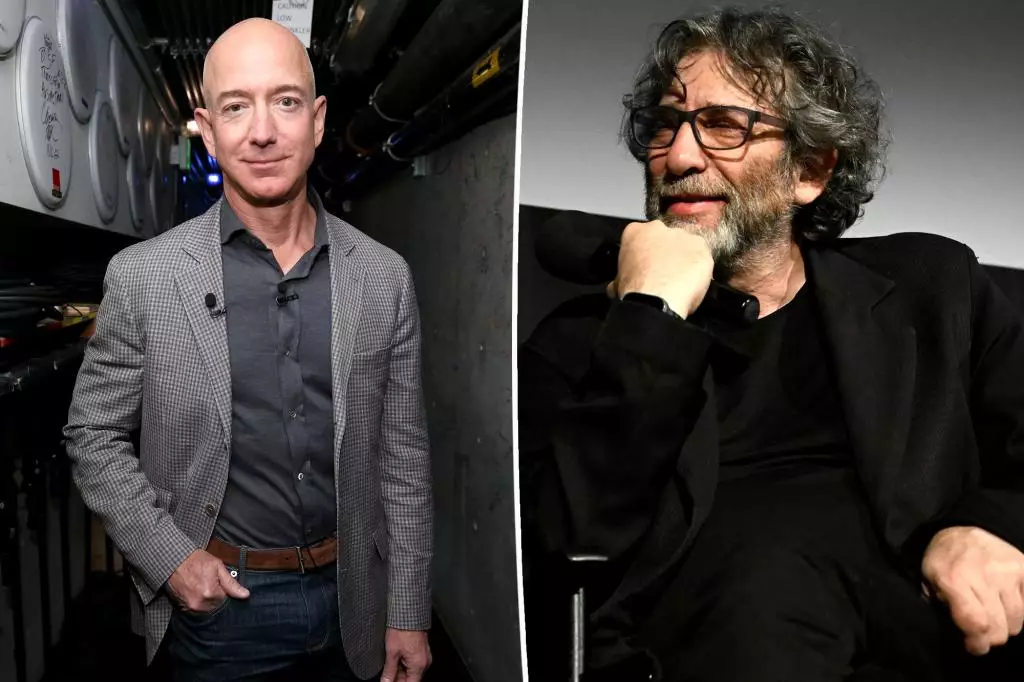In an unexpected turn of events, renowned author Neil Gaiman has found himself stripped of his celebrated presence at this year’s exclusive Campfire literary retreat, a gathering historically frequented by the who’s who of the literary elite. The retreat, known for its clandestine nature and notable attendees, has made headlines as sources close to the event reveal that Gaiman is grappling with severe sexual assault allegations. This marks a significant moment in Gaiman’s long-standing association with the vibrant intellectual community, which he has been a beloved part of for years.
As news regarding the allegations escalated in media discussions, Gaiman’s anticipated attendance seems to have evaporated, raising questions about the implications for both his career and personal life. Previously, Gaiman enjoyed a reputation as a relentless advocate for open dialogue and creative interchange, particularly noted during a public confrontation between Amazon and Hachette—his then-wife’s publisher. However, the situation has shifted dramatically, reflecting an unsettling reality for the literary world.
With Gaiman’s name now intertwined with troubling accusations—detailed in the podcast “Master: The Allegations Against Neil Gaiman”—the literary titan, famous for works like “American Gods” and “Coraline,” faces significant backlash. Several women have come forth to recount experiences they describe as rough and degrading, revealing a darker side of an author celebrated for promoting thoughtful and enchanting narratives.
Further complicating matters, Amazon Prime Video has reportedly paused production on the adaptation of Gaiman’s “Good Omen,” highlighting the jarring distance between creative work and the personal turmoil faced by its creators. The irony of the situation is palpable, as the title itself seems a cruel twist of fate, resonating with the tensions surrounding Gaiman’s circumstances. While it seems the author has offered to step away from the project, the ramifications of the allegations are likely to linger over the adaptation.
This disruption in Gaiman’s professional life begs the question of how the literary community reconciles the personas of its creators with their private lives. The consistent recognition of Gaiman’s contributions to literature, contrasted against the severe allegations emerging from his personal interactions, encapsulates a profound conflict within the arts community—one of adoration, skepticism, and the continuous push for accountability.
As Gaiman’s journey unfolds, observers are left to ponder the future of his prolific career. Will his creations remain untarnished by the shadows cast by these allegations, or will they alter the lens through which readers appreciate his work? While many fans and colleagues may hope for redemption and reconciliation, the literary world stands at a crossroads, grappling with the responsibility to uplift voices while also demanding accountability in light of serious accusations.
The Campfire retreat, a stage for intellectual exchange, will proceed without Gaiman, yet it’s difficult to envision a gathering of literary minds that won’t be irrevocably impacted by the growing discourse surrounding consent and artistic responsibility. The retreat will likely serve as a backdrop for not only dialogue on literature but also discussions about the integrity and behavior of those who shape it, proving that the intersection of art and ethics will remain an enduring aspect of the literary narrative moving forward.

Leave a Reply